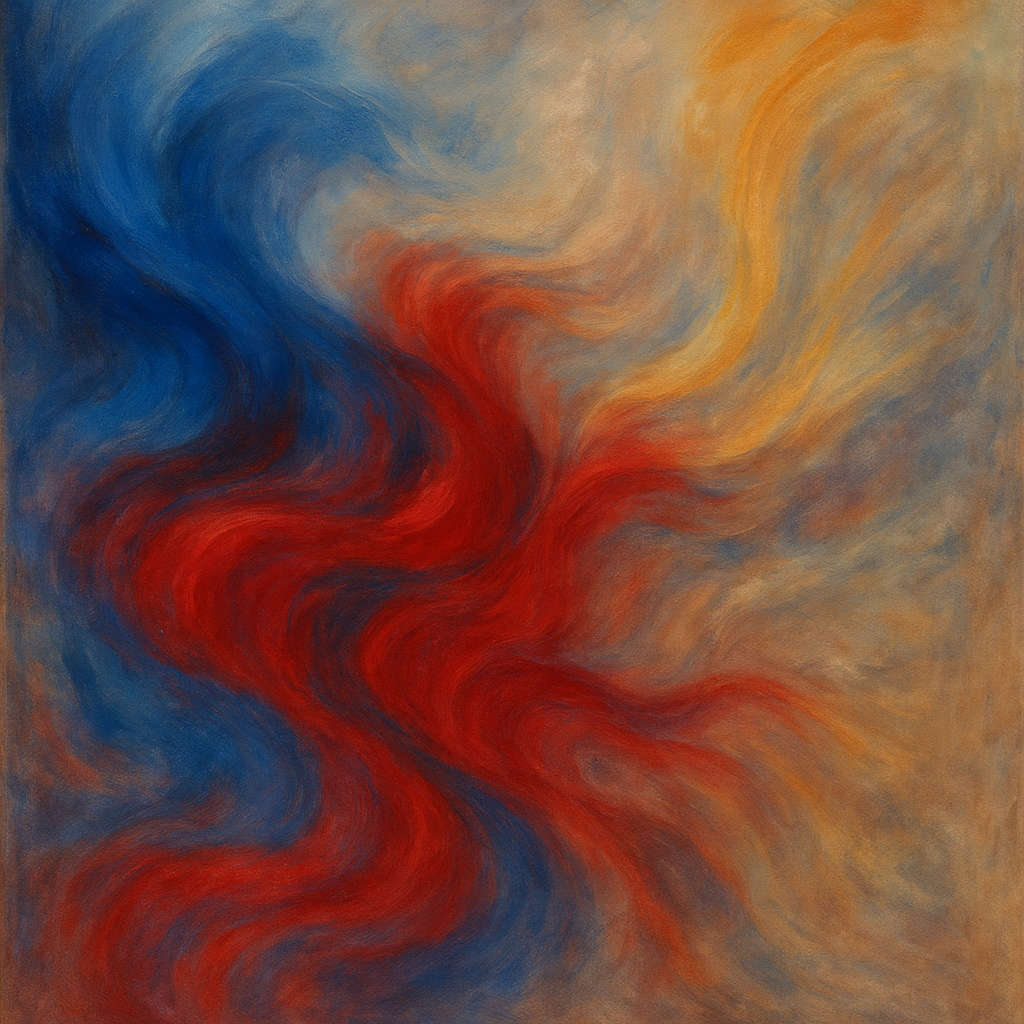new age amanuensis
Let’s go straight to the ivory tower.
What does it mean to be a writer? What does it mean to be an artist? What does it mean to take on that label as part of your identity?
Yuval Noah Harari would say it’s part of our shared imagination — just like money, nations, or corporations. These things aren’t “real” in the way a rock or a tree is real, but they become real because we agree on them. Ludwig Wittgenstein would push from another angle: language games. Words don’t have an essence; they mean what they mean only in living contexts, in ecosystems of use. So “writer,” “artist,” these too are stories, imaginations.
Can you hold “writer” in your hand? Can you point to a platonic ideal of an “artist”? No. The definition is fuzzy, contextual, alive. A lawyer isn’t so different from a magician — Harari points this out in Sapiens. The stroke of a pen creates law, which mobilizes entire societies to act, to behave, to enforce consequences. That’s a spell. Our collective imagination makes it binding.
what makes a writer?
When you say, “I am a writer,” what does that actually hinge on?
Is it enough to scribble in a notebook? To have studied English lit? To self-publish a zine? To top the New York Times bestseller list?
And what if you use ghostwriters? Are you still a writer if someone else puts down the keystrokes? What if your words exist only in Google Docs, never inked to paper? Where is the line?
Maybe I’m playing Wittgenstein’s game here too. Not to argue in bad faith, but to underline that the definition is always blurry. It’s not math. It’s not a proof.
dictation as writing
So here’s the part that feels counterintuitive: dictation.
Is dictation “writing”?
In one sense, yes. Writing is just a protocol for expressing ideas, a container for communication. Dictation still transmits thought into words on a page.
I think of Baháʼu’lláh — regarded by many, including myself, as a manifestation of God. His writings weren’t always written by his own hand. He spoke, and an amanuensis captured it. He reviewed, clarified, approved. Does that make him any less a writer? Of course not. The ideas were his. The responsibility to translate inner truth into words was his. The amanuensis was a tool, a medium.
That example unshackled something in me. Being a writer isn’t about pushing every keystroke. It’s about taking responsibility to shape and share what’s inside.
my experiment
This past week I’ve been running an experiment: dictation as writing.
I’ve been using Wispr Flow’s open API, OpenAI’s Whisper, GPT-5, Claude. Speaking thoughts that used to vanish like lightning, now captured in real time. Writing at the speed of speech instead of the speed of my typing (which is… not fast).
It’s exhilarating. And yes, there’s a little purist’s voice that snarls: “That’s not writing. That’s just dictating into a machine.”
But I don’t see it that way. I see it as having an amanuensis — not a ghostwriter who invents my ideas, not a machine stealing my voice — but a tool that catches what I say and reflects it back. Like an editor, like a scribe.
And honestly, it feels like the natural next step in a long lineage.
The printing press. The typewriter. The word processor. Every new tool stirred up protests: “That’s not real writing.” And yet each one expanded what was possible.
I’m not dismissing the value of penmanship, calligraphy, the feel of ink on paper. There’s a different channel of the brain engaged when you write by hand. But that doesn’t make dictation illegitimate. It just makes it another path into the same craft.
breaking the plate
I’ll bring in a parallel from food. Netflix’s Chef’s Table did a profile on Grant Achatz, the head chef and founder of Alinea in Chicago — a three Michelin star restaurant, consistently ranked among the best in the world.
What struck me wasn’t just his food but his willingness to rethink the paradigm itself. He asked: do we even need plates?
Sometimes he’d spread courses directly onto the table. Other times, he’d serve a floating edible sugar balloon. He challenged the whole convention of how a meal was supposed to be delivered.
He wasn’t ignorant of tradition; he was trained classically, fluent in the rules. But he also had the courage to step outside them, to create experiences that redefined what “fine dining” could mean.
That’s the energy I feel with dictation and digital amanuenses. Writing doesn’t have to stay “on the plate” of quills, typewriters, keyboards. The essence is still there: ideas made communicable. The form is evolving.
a new age of writing
So maybe this is what it means to be a writer now: not fidelity to one tool, but fidelity to the responsibility. To catch what’s inside, shape it, share it.
Dictation isn’t lesser. It’s another medium, another craft.
Even Baháʼu’lláh entrusted amanuenses to carry revelation — a reminder that the essence of writing has never been about the tool, but about the truth conveyed.
And on a very different plane, Achatz served food off the plate, proving that tradition can be honored while form is reinvented.
Because ultimately, “writer” itself is one of those shared imaginations Harari talks about. A word defined by the language game we’re playing, not by some eternal essence. Which means we get to keep reshaping it. We get to keep imagining it together.
What a time to be alive.
